One of the big debates of 2020 was whether we should trust employees who work from home. We all had to adjust to new ways of living in 2020, especially those of us who switched to remote work. Our old routines have given way to new ones. We’ve forged new means of communication that, even post-pandemic, we’ll still use.
Thinking about traditional modes of working, perhaps the single biggest change is in the dynamic between colleagues. More specifically: how is your team dynamic affected when the members of that team are working remotely? A Forbes article published on 27th May goes some way in arguing that employers don’t trust people to work from home.
What does this mean for the future? Is there a fundamental distrust at the heart of WFH culture? Or has 2020 built more trust among teams and between the business owner and employee?
Read our article to find out…
What’s the general consensus?
To help gauge an average UK response regarding trust as people work from home, we spoke to both business owners and other high-level employees across the country. Here’s what they had to say.
Vanessa Challess, Senior Partner at Tiger Law –
“Having rapidly expanded my team, and always having shied away from micromanagement, it’s been very interesting watching the team evolve and enthusiastically grapple with bonding remotely. We are in a high pressure environment. Trust is integral to being able to ‘get on with it’ so that reliance on colleagues is paramount. With constant instant messaging and regular video and conference calls both as a firm and within each sub-team, I have seen that reliance and trust blossom.”
Kamran Saleem, Managing Director of Motorserv UK – “I do think that this year has put working practices to the test but with my team, trust whilst working from home has been maintained if not improved. With staff not commuting to and from the office it has enabled a more effective use of time, everyone is easier to get hold of simply because they’re restricted to being at home during lockdown.
“Equally, I’ve found that staff working from home appreciate the flexibility that brings, which in turn manifests in an extra positivity and willingness to go the extra mile when tasks crop up late in the day that need to be turned around promptly.”
Emma Baylin, Director of Shared Harmonies CIC – “Our team was only just starting to form pre lockdown – we’d only met all together once. But since Covid, we’ve become a core, strong, supportive and thriving team, developing amazing projects and winning awards for our work in communities.”
Maud Millar, CEO & Co-Founder of Adapt – “I think that this year has changed the way we work; we’re all much more independent and we have to be really clear when we do meet on what the priorities are for each team member. That does mean that trust has been built, it has to be, given that we’re all working on different things.
“We use Slack, and Google Meet, and that’s been great. Communication has been harder, it’s not the same as sitting in an office next to someone, but there are definitely perks like avoiding the morning commute! We’ve been more productive with our time, and achieved a lot, but it’s been a learning curve for me as a leader not being able to check in with the team instantly any time I want to!”
Nick Donnelly, CEO of WorkClub – “We are social beings and the workplace is no different than other parts of our lives: to succeed, we need to connect and collaborate with others. That collaboration helps build trust and unity. When the Prime Minister made the announcement on the 23rd March telling all of us all to work from home, I was curious to see how my newly put together team would adapt to the new rules.
“We had to find new ways to fill the void left by our dormant workspaces and thankfully we were already using tools such as Slack, Hangouts and WhatsApp to stay in touch. By putting 100% trust in my team, they are going to be more productive and show greater loyalty. Research shows that employees in high-trust organisations are better at collaborating and that they suffer less from stress and anxiety, which enables stronger performance at work.
“The pandemic has completely redefined the way teams communicate and work. While remote work used to be offered by some companies as a way to offer a more flexible lifestyle, it is now becoming the norm for most businesses. For us at WorkClub, it has always been the norm. From the very start, we have used collaboration tools such as Asana, Slack, WhatsApp and Google Suite to stay connected. We are a team that is spread across the world and therefore tools like these are essential to moving the business forward. One thing for sure is that emails should not be the primary way of internal communications, as information will always get buried.”
Dennis Relojo-Howell, Founder of Psychreg – “My small team and I collaborate through apps such as Slack and Zoom. We also use Loom; it’s another software for sharing screens. These are useful apps for those who work remotely. I love the features of these apps. Slack’s notification can be switched off after working hours. It’s essential for us because we cultivate a balance between our team’s productivity and mental health.
“These softwares have enabled more trust to be instilled among your team. We don’t have to check each other’s output constantly because these apps help us to achieve our team goals.”
Kerry Bannigan, Founder of Conscious Fashion Campaign – “With the pandemic forcing working from home for long periods of time my team and I have strengthened our trust. I believed that we operated with trust prior, but it is advanced now. This ranges from being engaged on projects, handling assigned tasks for a collective outcome with only video calls and messengers as the key forms of communication.
“One of the largest trust builders has been the team being informed by me that they must take time as they need it (communicating this to the team) if they are struggling on any level mentally or emotionally with these new conditions. Being able to show vulnerability and know you will be supported is a key element of trust.”
So, how do we build trust in our work from home age?
What do the above accounts tell us about trust and work from home going forward? Let’s summarise:
- We need to harness the technology to help us achieve our goals and maintain team communication and collaboration. Setting up virtual meetings is easier than ever, for example.
- The trust needs to be there initially, from the get-go. Yes, trust grows over time. But business owners should let staff know that they’re trusted from the beginning.
- Everyone appreciates the flexibility that comes with working from home. Think of the death of the daily commute and the loosening of strictly 9-5 working. There is definitely something to celebrate about working from home.
- Business owners need to work on creating and maintaining a healthy culture. Staff need to be able to separate working hours from relaxation/non-working hours.
- Business owners have long known that trust in their employees generates loyalty. In a long-term post-COVID world, that means staff retention!
- Time management has improved because there’s simply more time to go around.
Tips on improving team trust when working from home
In our final section we give you pointers on building trust as you work from home. In time, both trust and loyalty can be at the heart of your internal business relations.
Here goes!
- Get to know each other if you don’t already. If your organisation is only jumping on conference calls or video calls for work purposes, then there’s a good chance your team will feel a bit socially deprived. Schedule in a virtual social now and again! It will help your team feel more connected and more relaxed.
- Set clear goals when you’re on a call/virtual meeting. As you come to the end of your meeting, it’s important to set down clear expectations of what staff are expected to do after the call. What are the follow-up actions? This will eliminate vagueness and ensure that everyone knows what they’re doing.
- Use automation wherever possible. Whichever task management tool your team uses should have an automation tool somewhere. Whether it’s email reminders on a due deadline or a time logging system that works as you go. Using automation will rule out the chance of human error. After all, none of us are perfect!
- Offer support. As a business owner or employer, you have a certain responsibility over staff. If you sense that someone is struggling with their new adjustments, do what you can to help. Again, this will usually be produce gratitude and loyalty.
- Help your team recognise and prevent distractions. At home, there are so many more distractions than in the office. Your team can block distractions with the help of our ‘10 ways to avoid working from home distractions’ article.
Keep in touch using our conference call services
Trust and loyalty are integral to all modern businesses, both pre and post-COVID. With our conference call features, your team will benefit from top-tier support, high quality audio, a reliable service and so much more. Within our conference call services you are sure to find a plan that works for you and your team.
Of course, if you’re not yet convinced then take a look at our conference call reviews. Here you’ll find accounts of other customers who have found our services vital for aiding communication in the workplace.
In the meantime, check out our blog (we’re always writing something!). Here are a few examples:
- The ultimate guide to effective note-taking during a conference call
- How to create the perfect work from home setup for the long-term
- What’s the best time for a conference call?
Photo by Tobias Tullius on Unsplash




